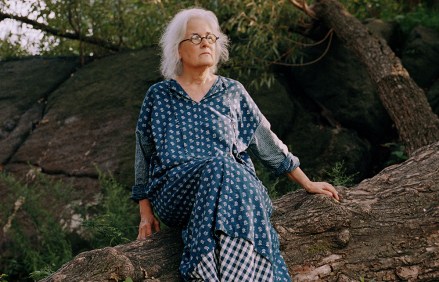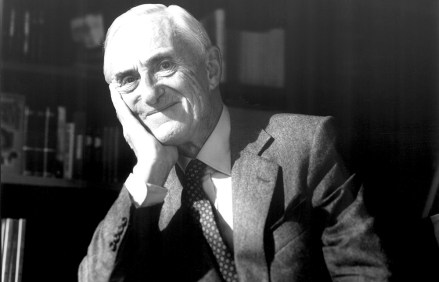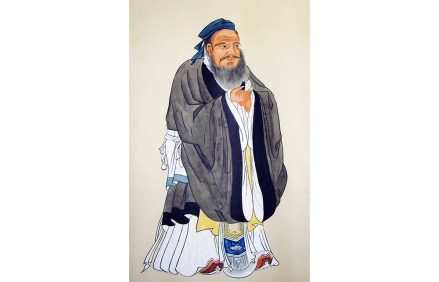Grotesque vignettes: The Body in the Mobile Library and Other Stories, by Peter Bradshaw, reviewed
There’s a face I found myself making again and again when reading Peter Bradshaw’s short stories, and it was not pretty: top half screwed up in incredulity; lower half slack with bovine confusion. What, my expression said, just happened? What indeed? Bradshaw is best known as the Guardian’s chief cinema critic, but this isn’t his first foray into fiction. The collection comes in the wake of three novels; but he’s admitted that ‘the short story form has always obsessed me’. That fascination with the form has given him the confidence to play with it, and us, and my confusion was deftly engineered from the start. In the opening story ‘The





















